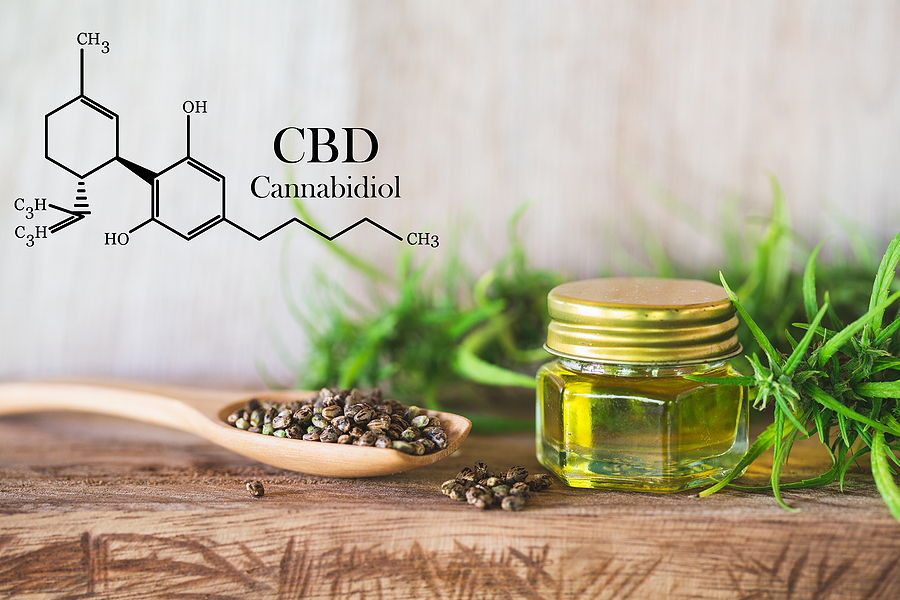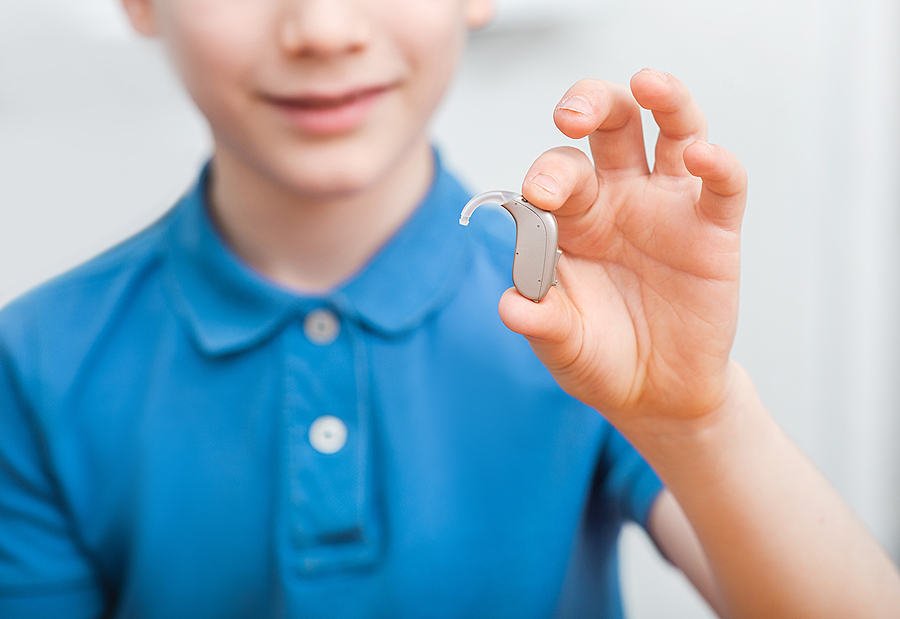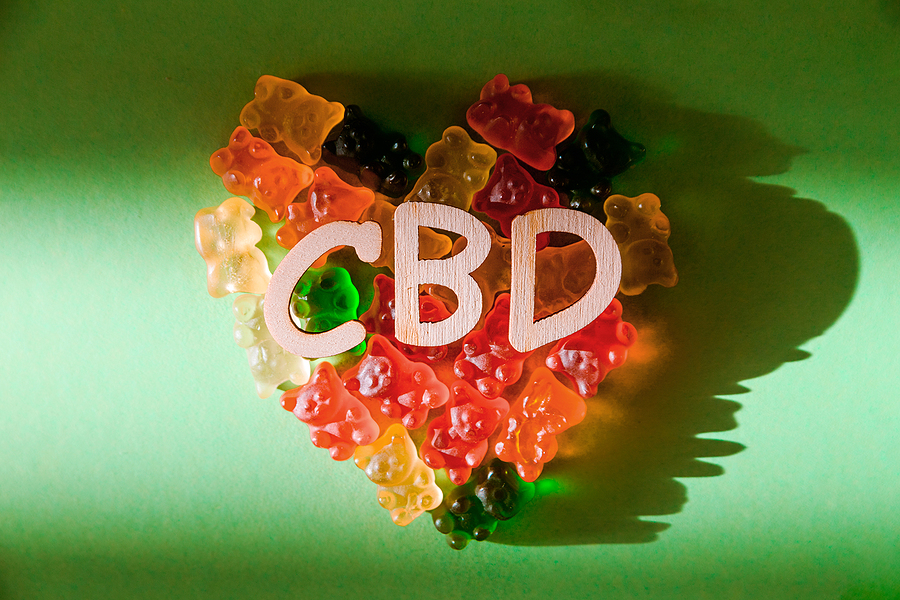Keep hearing everyone talking about CBD lately? What is that? And why is every person you know talking about it? This article explains why CBD is getting such serious viral attention.
The CBD industry is flourishing these days. And the industry is expected to hit $16 billion in the US by 2025. This cannabis extract is already added to cheeseburgers, toothpicks, shampoos, breath sprays, gummies, drinks, and pretty much everything else you can think of.
But how did this extract become such a popular wellness product? What happened over the last few years that changed public perceptions of cannabis and extracts derived from it? The answer is very simple: as CBD started to get medical specialists’ attention for its potential health benefits, a number of scientific studies suggest that these benefits are real have been made.
Since then, CBD is marketed by the wellness industry as some kind of cure-all. But is this big buzzword just a marketing scam, or is this natural remedy as beneficial as scientific studies suggest?
But first, let’s find out exactly what CBD is.
Image source: https://unsplash.com/photos/PCtgF6i28Ys
CBD explained
Table of Contents
Unless you’ve been living under a rock for the last couple of years, you’ve heard about CBD at least once, or saw it on a social media post or watched a TV documentary about it because, that’s right, CBD is talked about everywhere these days.
Yet, even if you’ve heard it being mentioned once or twice, maybe you still don’t know what CBD is. So, let’s make sure we’re on the same page about this one.
So, what exactly is CBD? Cannabinoid, or commonly known as CBD, is one of the compounds found in the cannabis or hemp plant. Another big compound found in the plant is THC, which is actually the one that gives people the “high” feeling. Unlike CBD, THC has intoxicating effects such as euphoria, pleasure, or forgetfulness.
Now, this is a widely-spread misconception about CBD that it has intoxicating effects as well, which is not true. Manufacturers have found ways to separate CBD from cannabis and hemp plants and from other compounds, including THC. So, no, CBD and other CBD-based products do not give the “high” feeling, meaning that it doesn’t have the ability to impair people’s cognitive performance and psychomotor abilities. Only THC can do that.
Now, we’ll get just a little bit technical so that you understand why CBD doesn’t have intoxicating effects while THC has. THC compound affects the CB1 receptors in our brain. The CB1 receptors are responsible for euphoria, relaxation, anxiety, and short-term memory impairment. But on the flip side, CBD is rather a CB1 antagonist as this compound actually blocks or regulates THC’s intoxicating effects.
We hope everything’s clear by now on what CBD is. But, now, let’s talk a bit about CBD does to the body and what potential health benefits it has, according to scientific studies. Keep reading below to find out!
Science-backed CBD benefits for our bodies
Scientific studies on CBD’s uses and benefits suggest that no matter the form you take it, such as gummies, oil, capsules, tincture, or vaping, it can have plenty of health benefits. Research suggests that CBD-based products are beneficial to affections, such as anxiety and depression, chronic pain, epilepsy, and even cancer.
Now, research on CBD is still in its early days, but this doesn’t mean that the potential benefits manufacturers say their products have are just a marketing buzz. It means that new uses and potential benefits of CBD are still yet to be discovered.
Health benefits of CBD backed by scientific studies
What do scientific studies say about CBD’s benefits so far? And what are its exact effects on our bodies? Keep reading below to find out!
Pain relief
It seems that scientific studies suggest that CBD impacts the endocannabinoid receptor activity in the body, reducing inflammation and pain. Some pre-clinical studies approved by the National Institutes of Health claim that CBD might help relieve pain and other symptoms caused by medical conditions like arthritis, muscle pain, and spinal cord injuries. In other words, CBD can have anti-inflammatory and pain-relieving effects.
Several human studies also found that a combination of THC and CBD is more effective in treating pain caused by conditions like multiple sclerosis or arthritis. What’s more, there’s also an approved oral spray called Sativex that is a combination of the two compounds, and that is used to treat pain related to these two affections.
So, using CBD- and THC-based products might be a great solution to manage pain for people suffering from chronic pain. Whether you use CBD oil with a higher concentration of THC or THC vape juice such as Bubba Kush is a matter of personal preference.
Anxiety and depression
According to a study conducted by the Brightfield Group, more than 60% of people surveyed during the study claimed they used CBD for anxiety, with chronic pain, insomnia, and depression following closely behind.
In the US, 40 million adults struggle with anxiety disorders. If you are one of them, you’ve likely come across an article, social media post, or a tip from a close friend on how CBD can help relieve anxiety. But it’s not just the media saying the CBD has potential benefits for anxiety and depression. Scientific studies suggest this as well.
Researchers believe that CBD has the power to reshape how our brains’ receptors respond to serotonin, the chemical associated with mental health and regulating mood and social behavior. Thanks to this ability, it is believed that CBD had antidepressant-like effects, which can help with anxiety and depression disorders.
Epilepsy
Research has also found that CBD can have anti-seizure effects, which can make it a promising treatment for conditions like epilepsy, multiple sclerosis, or Dravet syndrome. In fact, in 2018, FDA has actually approved the prescription use of Epidiolex, a purified form of CBD oil that can help treat two types of epilepsy.
It seems that CBD can help reduce seizure activity and muscle spasticity, helping people suffering from conditions linked to these symptoms to manage their medical conditions.
Cancer
It’s really early to say that CBD can help cure cancer, yet, research suggests that this compound can play a role in preventing cancer cell growth. What’s more, several studies have shown that CBD can help relieve cancer-treatment-related symptoms such as pain, nausea, or vomiting.
Image Source: BigStockPhoto.com (Licensed)
Site Disclaimer
Marijuana is a Controlled Substance under the Controlled Substance Act (21 U.S.C. 802) (“CSA”) and the cultivation, distribution, and possession of marijuana is a crime under federal law. Keep all marijuana and marijuana products out of reach of children and animals. Intoxicating effects of marijuana and marijuana products may be delayed. Use of marijuana while pregnant or breastfeeding may be harmful. Consumption of marijuana and marijuana products impairs your ability to drive and operate machinery, please use extreme caution
Related Categories: CBD, Reviews







